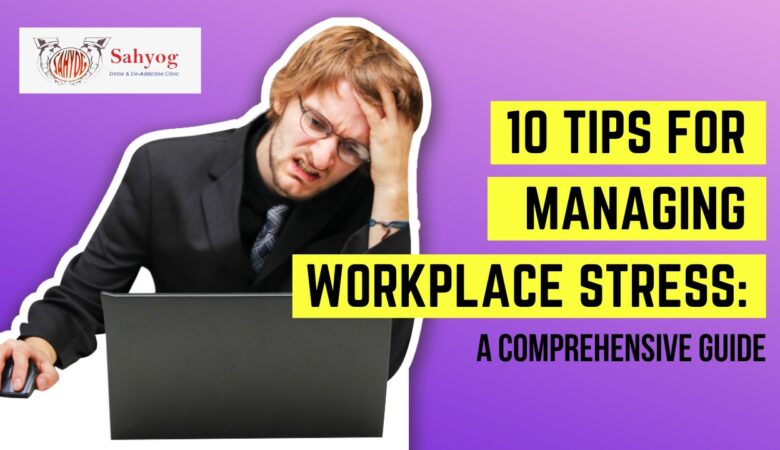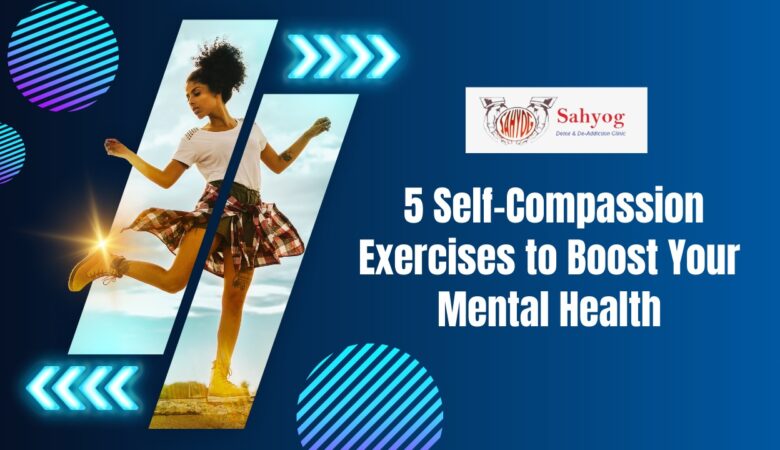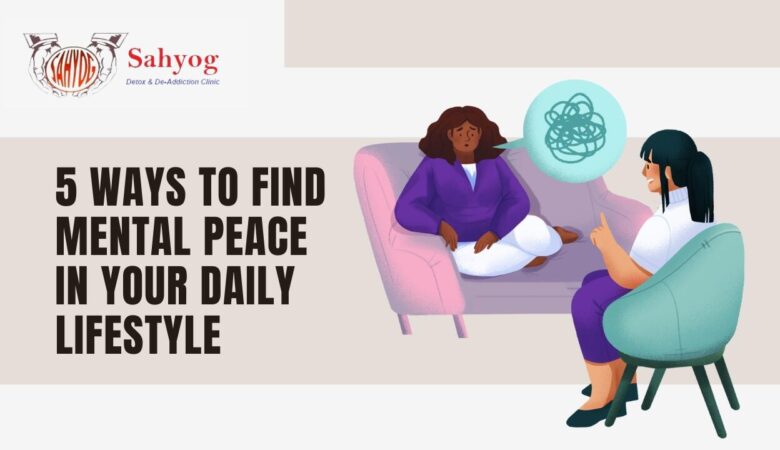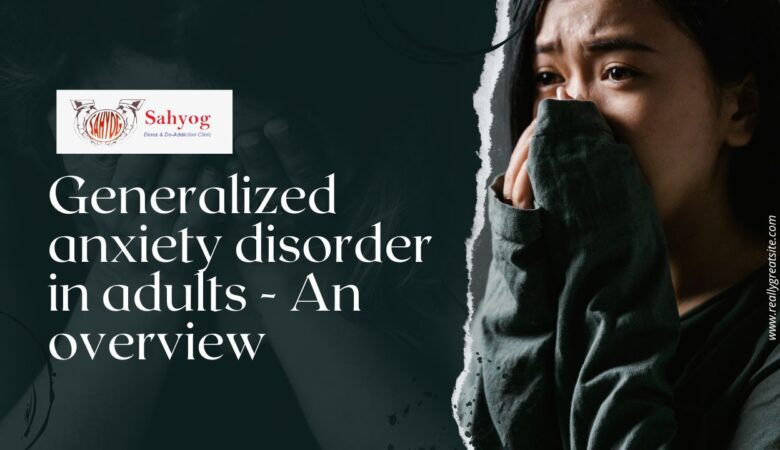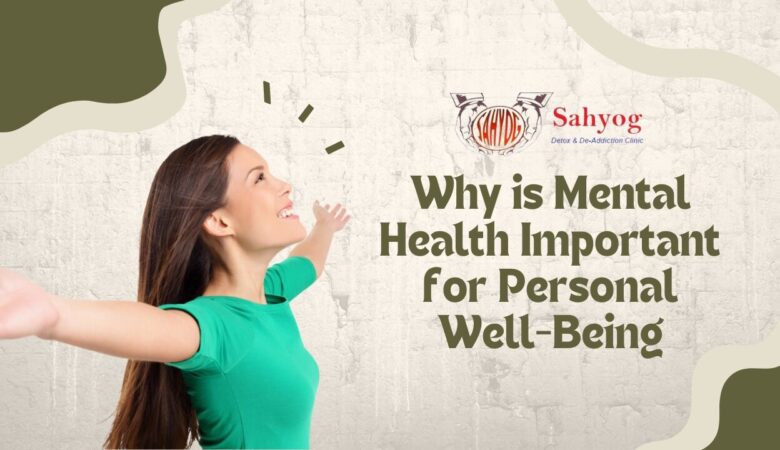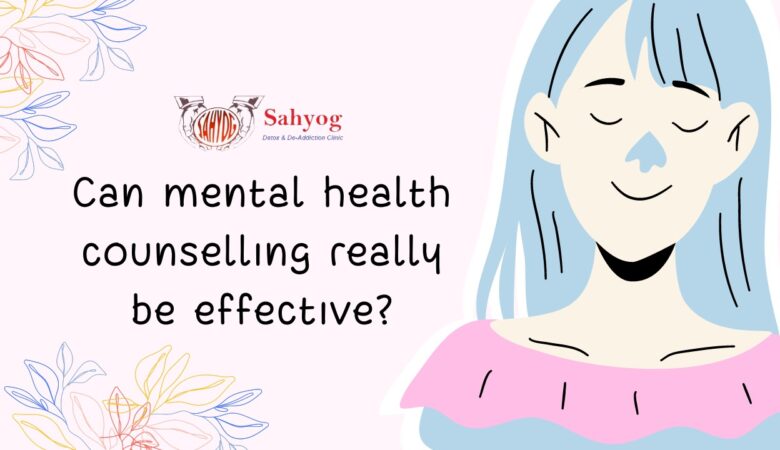10 Tips for Managing Workplace Stress: A Comprehensive Guide
In today’s fast-paced and demanding work environment, strain has become an inevitable part of our work lives. From tight deadlines and increased workloads to interpersonal conflicts and high expectations, workplace stress can take a toll on our physical and mental well-being. However, via adopting effective stress management strategies, we will mitigate its terrible effect and create a more fit and greater effective work surroundings. This comprehensive guide presents ten practical tips to help individuals manage workplace stress and promote their overall well-being. Prioritize and Organize One of the primary sources of workplace stress is feeling overwhelmed by a never-ending to-do list. To combat this, start by prioritizing tasks based on urgency and importance. Break down larger projects into smaller, manageable tasks and create a schedule or to-do list. By organizing your workload in this manner, you could benefit from a clearer knowledge of what needs to be performed and when. This approach helps in reducing stress and enhancing productivity as you can tackle tasks systematically and focus on one thing at a time. Additionally, crossing off completed tasks from your list provides a sense of accomplishment and motivation to keep going. Practice Effective Time Management Time management plays a vital role in managing workplace stress. When you’ve got a constrained quantity of time to complete numerous tasks, it’s easy to feel overwhelmed and anxious. Allocating specific time slots for different tasks helps in better planning and utilization of your work hours. Avoid multitasking, as it can cause decreased productiveness and elevated stress. Instead, focus on one task at a time, dedicating your full attention to it. Set realistic deadlines that allow for sufficient time to complete tasks without rushing or compromising quality. Time management techniques which include the Pomodoro Technique, where you work in focused bursts with short breaks in between, can help you maintain concentration and keep away from burnout. Establish Boundaries Maintaining a healthy work-life balance is crucial for managing workplace stress. It’s crucial to set clean boundaries between work and personal life. Avoid the temptation to check emails or work outside of designated working hours. When you set up boundaries, you create a clean separation between your professional and personal life , allowing for time to recharge and engage in activities that convey you joy and relaxation. Make sure to communicate your boundaries to colleagues and supervisors so that they understand and respect your personal time. By prioritizing self-care and keeping a healthy work-life balance, you can prevent burnout and foster general well-being. Communicate Openly Effective communication is key to managing stress in the workplace. Bottling up your concerns and frustrations can lead to increased stress and decreased job satisfaction. Instead, make an effort to express your needs, concerns, and limitations to your colleagues and supervisors. Openly discuss workload distribution and seek support when required. If you’re feeling overwhelmed, don’t hesitate to reach out for assistance or delegate tasks if possible. Clear communication helps to foster a positive work culture, minimizes misunderstandings, and reduces stress levels for everyone involved. Additionally, providing constructive feedback and addressing conflicts or issues promptly can contribute to a healthier and more supportive work environment. Practice Stress-Relief Techniques Incorporating stress-relief techniques into your daily routine is crucial for managing workplace stress effectively. Engage in activities that help you relax and unwind during your breaks or downtime. Deep breathing exercise, meditation, and yoga are extraordinary practices for calming the nervous system and lowering stress levels. These techniques assist you shift your focus away from work-related stressors, promote mindfulness, and create a sense of internal peace. Taking short walks outdoors, in particular in green areas, can also have a high quality impact for your well-being via presenting a change of surroundings and a break from the office environment. Foster Supportive Relationships Building a strong support network at work is crucial for managing stress. Cultivate relationships with colleagues who provide encouragement, understanding, and a positive work environment. Engage in team-building activities, collaborate on tasks, and seek for social help while needed. Having supportive relationships can act as a buffer towards strain, provide a sense of belonging, and foster resilience. When you’ve got trust in colleagues with whom you can share your thoughts and concerns, it becomes less difficult to navigate challenging situations and discover solutions collectively. Additionally, fostering positive relationships with supervisors and managers can create a supportive work environment where you feel comfortable discussing your stressors and seeking assistance when necessary. Take Regular Breaks Taking regular breaks throughout the workday is essential for managing stress and maintaining productivity. While it may seem counterintuitive, stepping away from your desk and allowing yourself time to recharge can significantly improve your focus and overall well-being. Breaks can come in different forms, such as short walks, stretching exercises, or engaging in activities that help you relax and clear your mind. Studies have shown that incorporating micro-breaks into your routine can improve cognitive function, creativity, and decision-making abilities. Consider using break times as opportunities to disconnect from work-related tasks, allowing your mind to rest and rejuvenate. When you come back to your work, you may probably enjoy increased focus and productivity. Practice Healthy Lifestyle Habits Maintaining a healthful life-style is critical for managing workplace stress. When your body is properly-nourished and energized, you are better ready to address stressors correctly. Ensure you get enough sleep to allow for proper rest and rejuvenation. Aim for a balanced diet that consists of whole meals, fruits, veggies, and lean proteins. Avoid excessive caffeine or sugary snacks, as they can contribute to anxiety and fatigue. Regular physical exercise is also essential for managing stress levels.Engaging in activities you enjoy, such as running, cycling, or yoga, not only helps to reduce stress, but also releases endorphins which promote feelings of well-being. By adopting healthy lifestyle habits, you can better manage workplace stress and enhance your overall resilience. Develop Coping Mechanisms Identifying and developing effective coping mechanisms is crucial for dealing with workplace stress. Everyone is unique, so what works for one person might not
